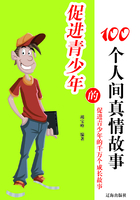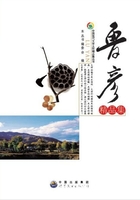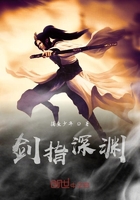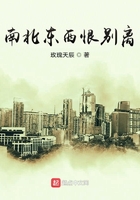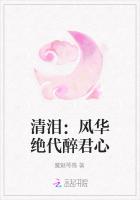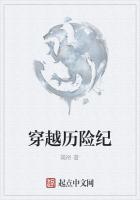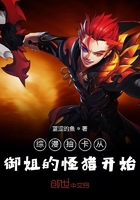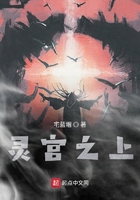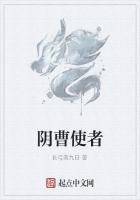But here many difficulties arise. For we have our own vision of the world; we have made it from our own experience and prejudices, and it is therefore bound up with our own vanities and loves. It is impossible not to feel injured and insulted if tricks are played and our private harmony is upset. Thus when Jude the Obscure appears or a new volume of Proust, the newspapers are flooded with protests. Major Gibbs of Cheltenham would put a bullet through his head tomorrow if life were as Hardy paints it; Miss Wiggs of Hampstead must protest that though Proust’s art is wonderful, the real world, she thanks God, has nothing in common with the distortions of a perverted Frenchman. Both the gentleman and the lady are trying to control the novelist’s perspective so that it shall resemble and reinforce their own. But the great writer—the Hardy or the Proust— goes on his way regardless of the rights of private property; by the sweat of his brow he brings order from chaos; he plants his tree there, and his man here; he makes the figure of his deity remote or present as he wills. In masterpieces—books, that is, where the vision is clear and order has been achieved—he inflicts his own perspective upon us so severely that as often as not we suffer agonies—our vanity is injured because our own order is upset; we are afraid because the old supports are being wrenched from us; and we are bored—for what pleasure or amusement can be plucked from a brand new idea? Yet from anger, fear, and boredom a rare and lasting delight is sometimes born.
Robinson Crusoe, it may be, is a case in point. It is a masterpiece, and it is a masterpiece largely because Defoe has throughout kept consistently to his own sense of perspective. For this reason he thwarts us and flouts us at every turn. Let us look at the theme largely and loosely, comparing it with our preconceptions. It is, we know, the story of a man who is thrown, after many perils and adventures, alone upon a desert island. The mere suggestion—peril and solitude and a desert island—is enough to rouse in us the expectation of some far land on the limits of the world: of the sun rising and the sun setting; of man, isolated from his kind, brooding alone upon the nature of society and the strange ways of men. Before we open the book we have perhaps vaguely sketched out the kind of pleasure we expect it to give us. We read; and we are rudely contradicted on every page. There are no sunsets and no sunrises; there is no solitude and no soul. There is, on the contrary, staring us full in the face nothing but a large earthenware pot. We are told, that is to say, that it was the 1st of September 1651; that the hero’s name is Robinson Crusoe; and that his father has the gout. Obviously, then, we must alter our attitude. Reality, fact, substance is going to dominate all that follows. We must hastily alter our proportions throughout; Nature must furl her splendid purples; she is only the giver of drought and water; man must be reduced to a struggling, life-preserving animal; and God shrivel into a magistrate whose seat, substantial and somewhat hard, is only a little way above the horizon. Each sortie of ours in pursuit of information upon these cardinal points of perspective—God, man, Nature—is snubbed back with ruthless common sense. Robinson Crusoe thinks of God: “sometimes I would expostulate with myself, why providence should thus completely ruin its creatures. . .
. But something always return’d swift upon me to check these thoughts.” God does not exist. He thinks of Nature, the fields “adorn’d with flowers and grass, and full of very fine woods”, but the important thing about a wood is that it harbours an abundance of parrots who may be tamed and taught to speak. Nature does not exist. He considers the dead, whom he has killed himself. It is of the utmost importance that they shouldbe buried at once, for “they lay open to the sun and would presently be offensive”. Death does not exist. Nothing exists except an earthenware pot. Finally, that is to say, we are forced to drop our own preconceptions and to accept what Defoe himself wishes to give us.


